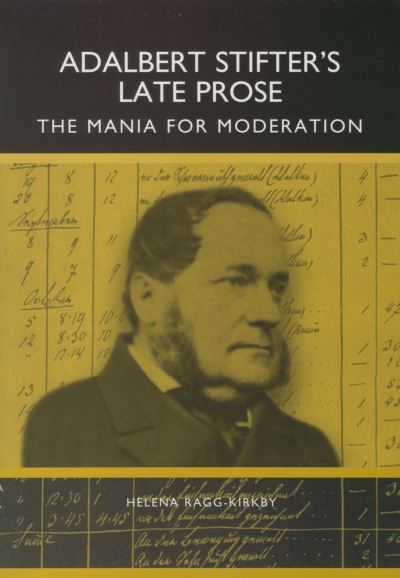
Provides a view of the late Stifter as a forerunner of twentieth-century modernism. Adalbert Stifter has always been viewed as a natural heir to the Great Classical tradition, even by those critics who detect disturbing subtexts in his fiction. But he should be viewed quite differently: however well disguised, heis in truth a closet modernist, and a major trailblazer for Kafka and the Absurd. This is most evident in his late fiction, which has been almost universally ignored, dismissed or disparaged by his critics. His last novel Witiko in particular has been conspicuously neglected by both nineteenth- and twentieth-century critics. Ragg-Kirkby demonstrates -- largely by way of close reading -- that this is Stifter's extreme masterpiece. Beneath the surface of Biedermeier stuffiness is a vision of fracture, emptiness, meaninglessness, and mania not only more radical than that of any other 19th-century author, but arguably more radical than that of any 20th-century author, precisely because there is such a disjuncture between text and sub-text. In his final novel, Stifter simply leaves the future behind. Helena Ragg-Kirkby is a lecturer in German at the University of Sheffield.
| ISBN: | 9781571130433 |
| Publication date: | 20th July 2000 |
| Author: | Helena RaggKirkby |
| Publisher: | Camden House an imprint of Boydell & Brewer Ltd |
| Format: | Hardback |
| Pagination: | 137 pages |
| Series: | Studies in German Literature, Linguistics, and Culture |